The event started with the official opening of the event, by Norwegian State Secretary for Energy, Astrid Bergmål. In her speech, she outlined the various measures put in place by the government to meet its offshore wind targets. Then came Enrico Degiorgis, policy officer on wind energy and renewable hydrogen research and innovation at the European Commission. He gave an overview of recent policy and legislative developments related to wind power in the EU. One such development is the European Wind Power Action Plan, adopted in October 2023.
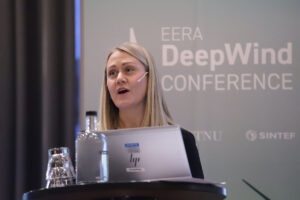
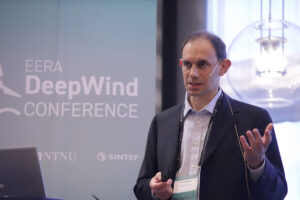
Next, Yongqian Liu, professor of wind power systems at the New Energy School, North China Electric Power University, provided a status update on wind power in China. The country had just under 32 GW of installed offshore wind capacity at end of September 2023, which places it ahead of every other nation worldwide.
Herbjørn Haslum, head of floating wind technology at Equinor, outlined the company’s technology development journey experienced when building and operating the Hywind floating offshore wind farms. Hywind Scotland was inaugurated in late 2017, while the much larger Hywind Tampen started producing power last year.
Nenad Keseric, senior vice president innovation and technology development at Statnett, explained the importance of the grid to the renewable energy transition. “There will be no transition without transmission”, he said, adding that massive investments are expected in the European power grid to meet a growing electricity demand.
Next, Lena Kitzing, head of section at the Department of wind and energy systems, society, market and policy of DTU (Technical University of Denmark), spoke of contracts for difference and how they can de-risk capital-intensive renewable investments. Because of high initial investments, wind power assets are more exposed to financial distress in periods of low power prices than other methods of generation (such as gas). Contracts for difference can be a solution to this misalignment. They work like this: the company owning an offshore wind farm agrees on a fixed price. When the actual price of power is lower than this agreed price, the government pays the difference .When it is higher, the company gives the excess to the government. If prices are negative, there is no production and no compensation.
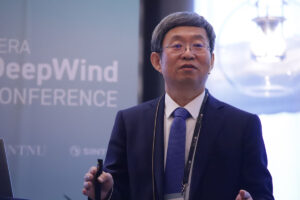
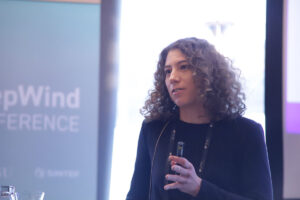
Jacob Edmonds, head of innovation at Ørsted and VP of ETIP wind, presented an optimistic picture of the situation for the supply industry, which has been suffering recently due to inflation and supply issues. Interest rates and costs are expected to drop again, which should ease the situation. However, he pointed out that the supply side of the renewable energy industry will have to scale up to meet an increasingly heavy demand.
Ignacio Martí, coordinator of EERA JP wind, called for the creation of a pan-european Centre of Excellence for Wind Energy, which would allow for participating countries to move from isolated national projects to a fully coordinated programme. The objective would be to coordinate research and development efforts to avoid duplicating efforts, through a co-funded research programme.
Keynote speakers
The conference presented a top roster of keynote speakers.
 |
Astrid Bergmål, State Secretary, Norwegian Ministry of Energy |
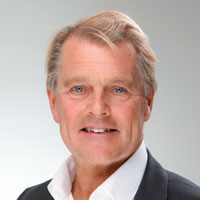 |
Jan-Kristian Haukeland, EVP of Renewables at DOF |
 |
Ignacio Martí, JP Coordinator, EERA JP wind |
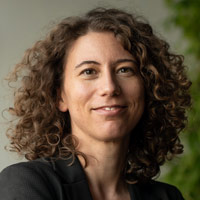 |
Lena Kitzing, Head of Section, Department of Wind and Energy Systems, Society, Market and Policy, DTU |
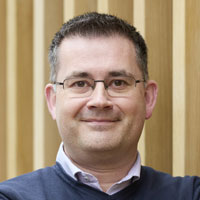 |
Jacob Edmonds, Head of Innovation at Ørsted and VP ETIP wind |
 |
Yongqian Liu, Professor of Wind Power Systems, New Energy School, North China Electric Power University |
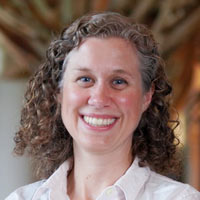 |
Dorothy Dankel, Senior Research Scientist, SINTEF |
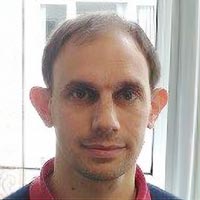 |
Enrico Degiorgis, Policy officer on Wind energy and renewable hydrogen research and innovation, European Commission |
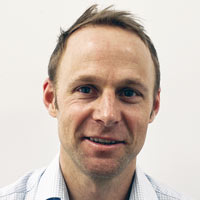 |
Herbjørn Haslum, Head of floating wind technology, Equinor |
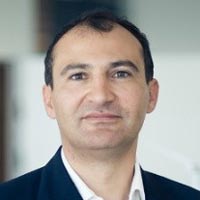 |
Nenad Keseric, Senior Vice President Innovation and Technology Development, Statnett |
 |
Paul McKeever, Head of Electrical Research, ORE Catapult |
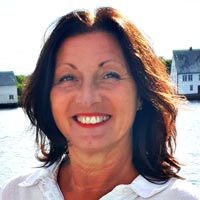 |
Grete Møgster, Business Developer – Utsira municipality |
 |
Lars Frøyd, Lead Engineer – Wind Energy, 4Subsea |
 |
Michael Karch, Chief Naval Architect – Ramboll |
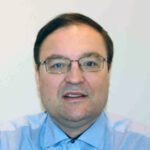 |
Trond Kvamsdal, Professor at the Department of Mathematical Sciences, NTNU |
 |
John Olav Tande, Chief Scientist at SINTEF and director of the NorthWind research centre |
A wide range of research topics
Presentations during the conference covered an array of topics, from structural design to wind farm control, environmental impacts and regulatory framework.
Conference topics:
- New turbine and generator technology
- Grid connection and power system integration
- Met-ocean conditions
- Operation and maintenance
- Substructures and mooring
- Marine operations and logistics
- Wind farm optimisation
- Experimental testing and validation
- Wind farm control systems
- Societal impact, controversies and regulatory framework
- Environmental impact
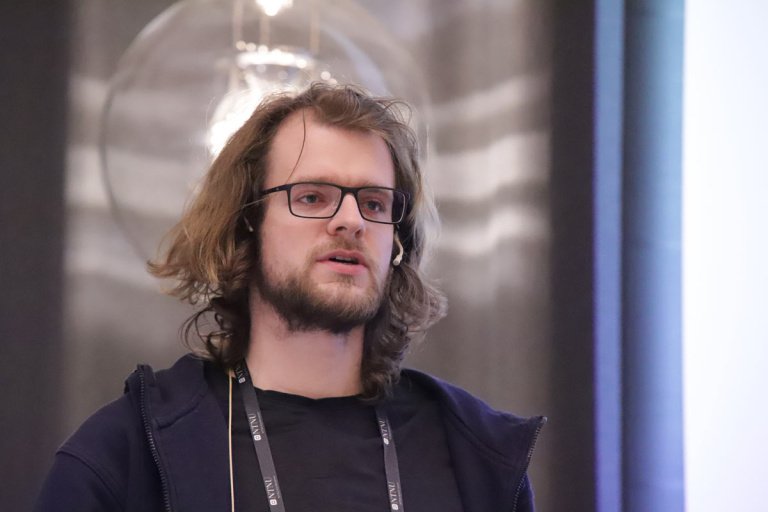
Poster awards
The conference concluded with the poster awards ceremony, recognising outstanding scientific poster presentations. One award was given for best content, and two for best communication.
The winners are, in the best content category:
- Kayacan Kestel, from Vrije Universiteit Brussel
Experimental investigation of the relation between operating conditions and offshore wind turbine drivetrain dynamics
In the best presentation category, winners are:
- Fabio Pierella, from DTU Wind Energy
Efficient numerical modeling for analysis and design of ultra large floating wind turbines (EMULF2) - Ivana Lapšanská, from Bundesanstalt für Materialforschung und -prüfung:
Thermographic detection of leading-edge erosion and AI-based image processing
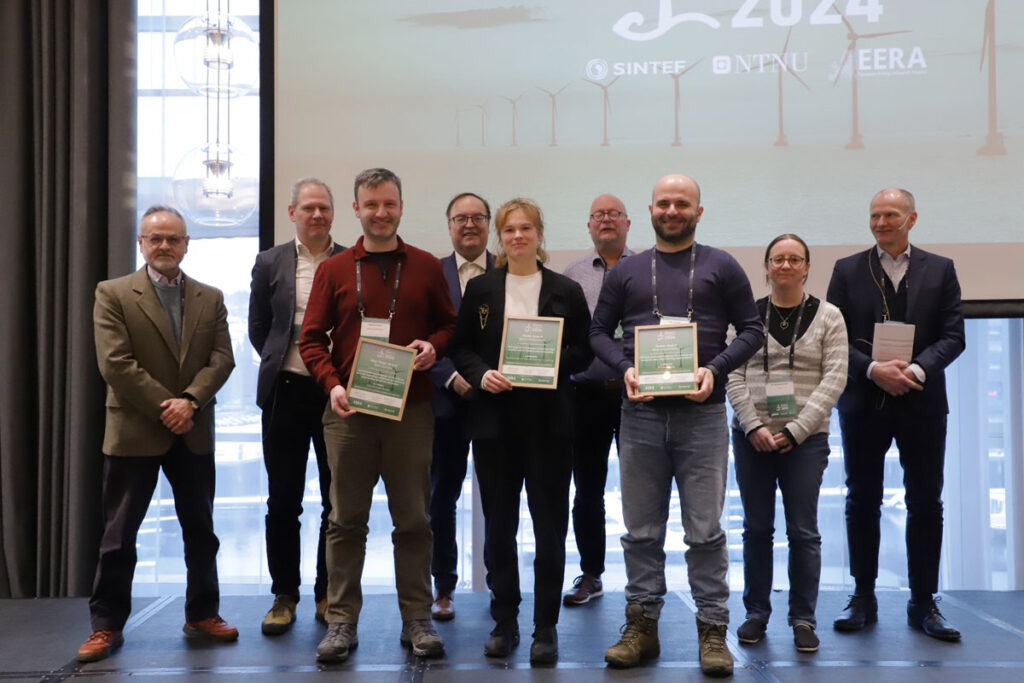
The conference featured a total of over 200 keynote speeches, scientific presentations and research posters.
Mark your calendars!
The 22nd edition of the EERA DeepWind offshore wind R&I conference will take place in Trondheim, 15-17 January 2025.
Learn more
- EERA DeepWind website
- EERA DeepWind 2024 in review on the NorthWind website

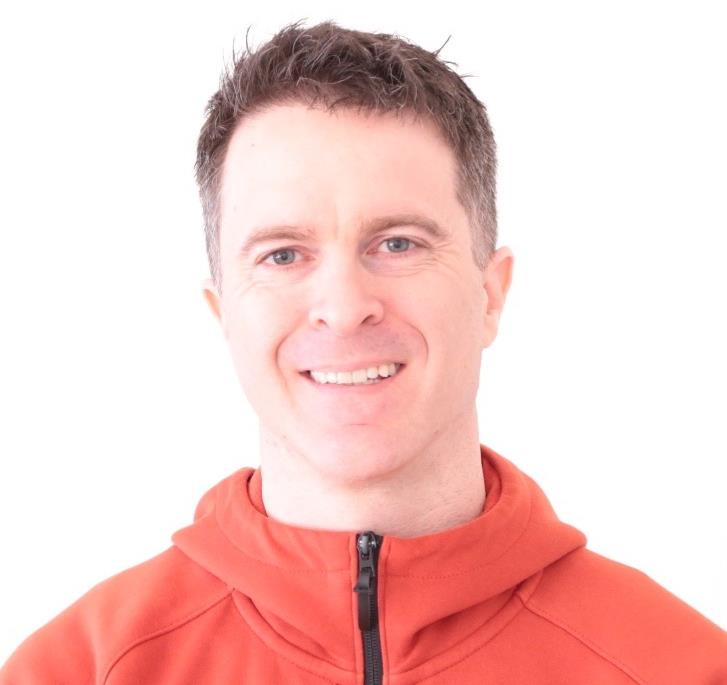
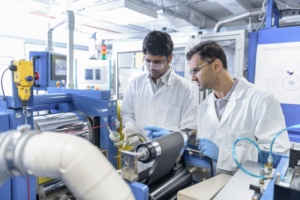
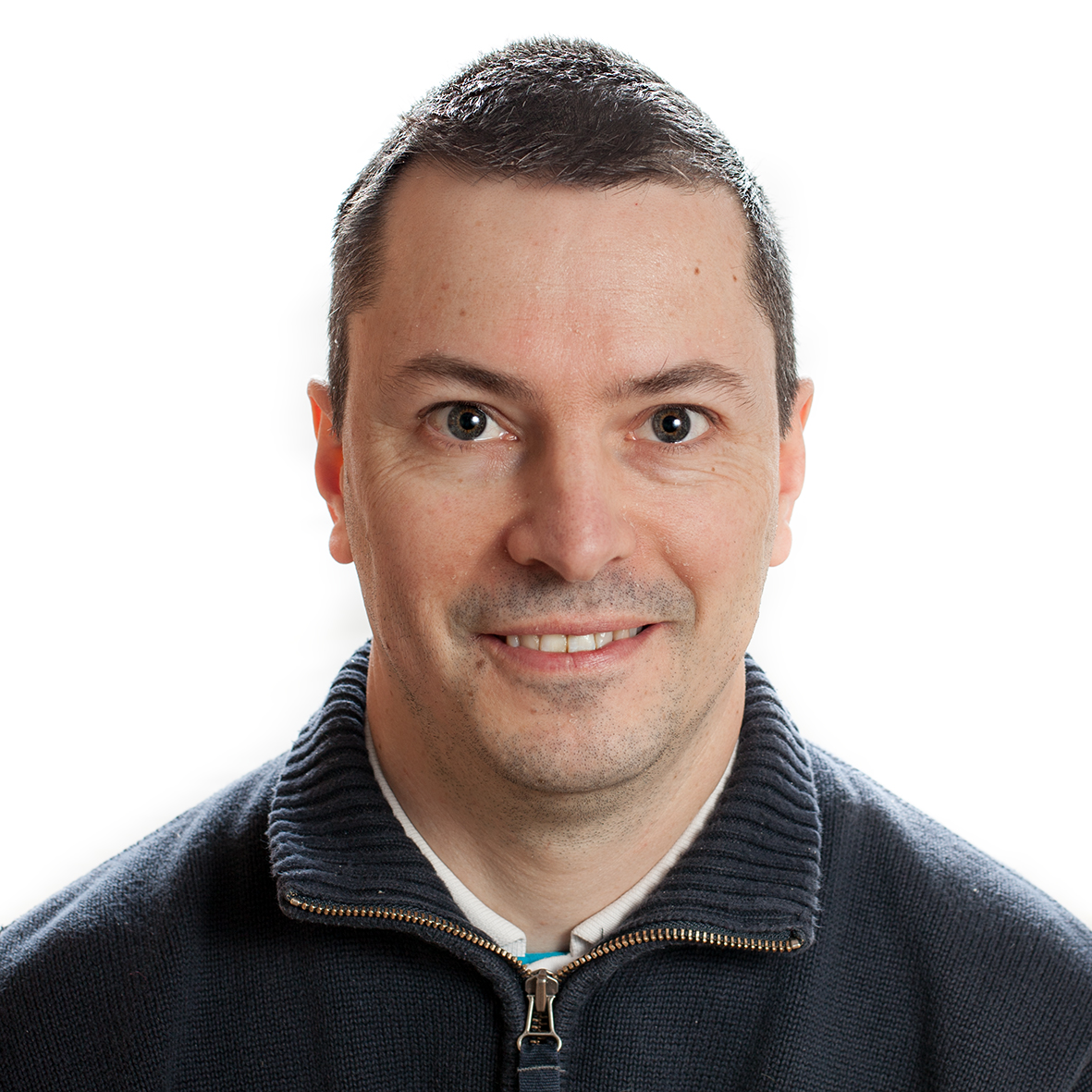
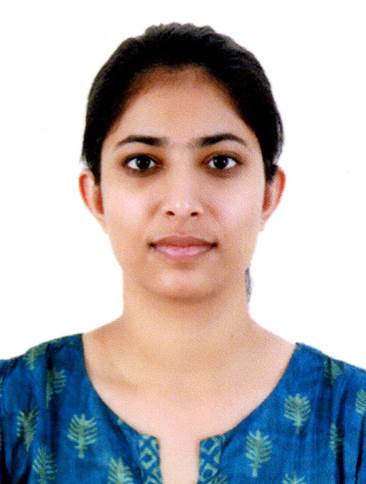
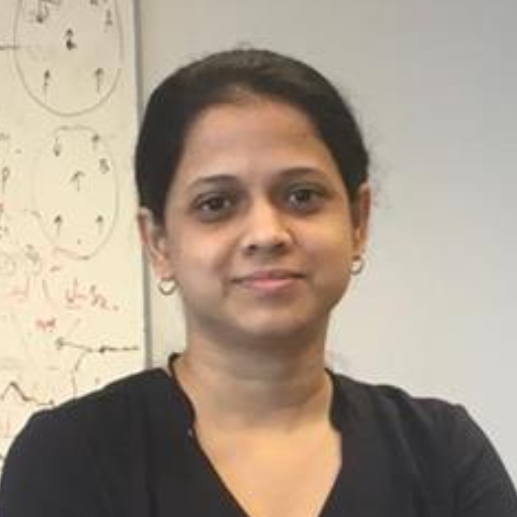
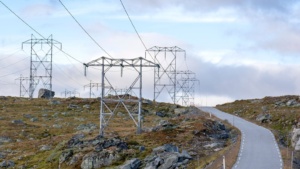
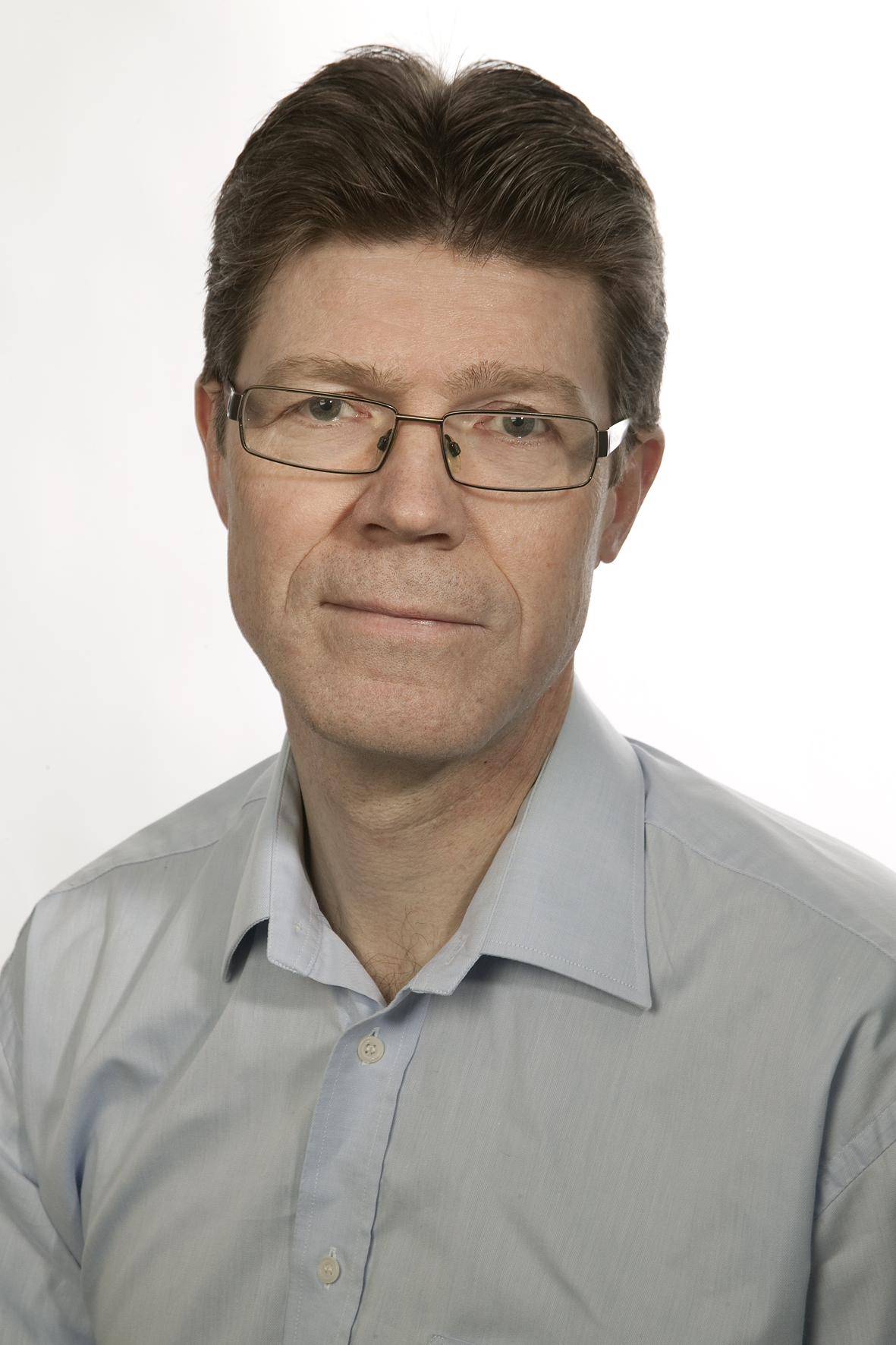
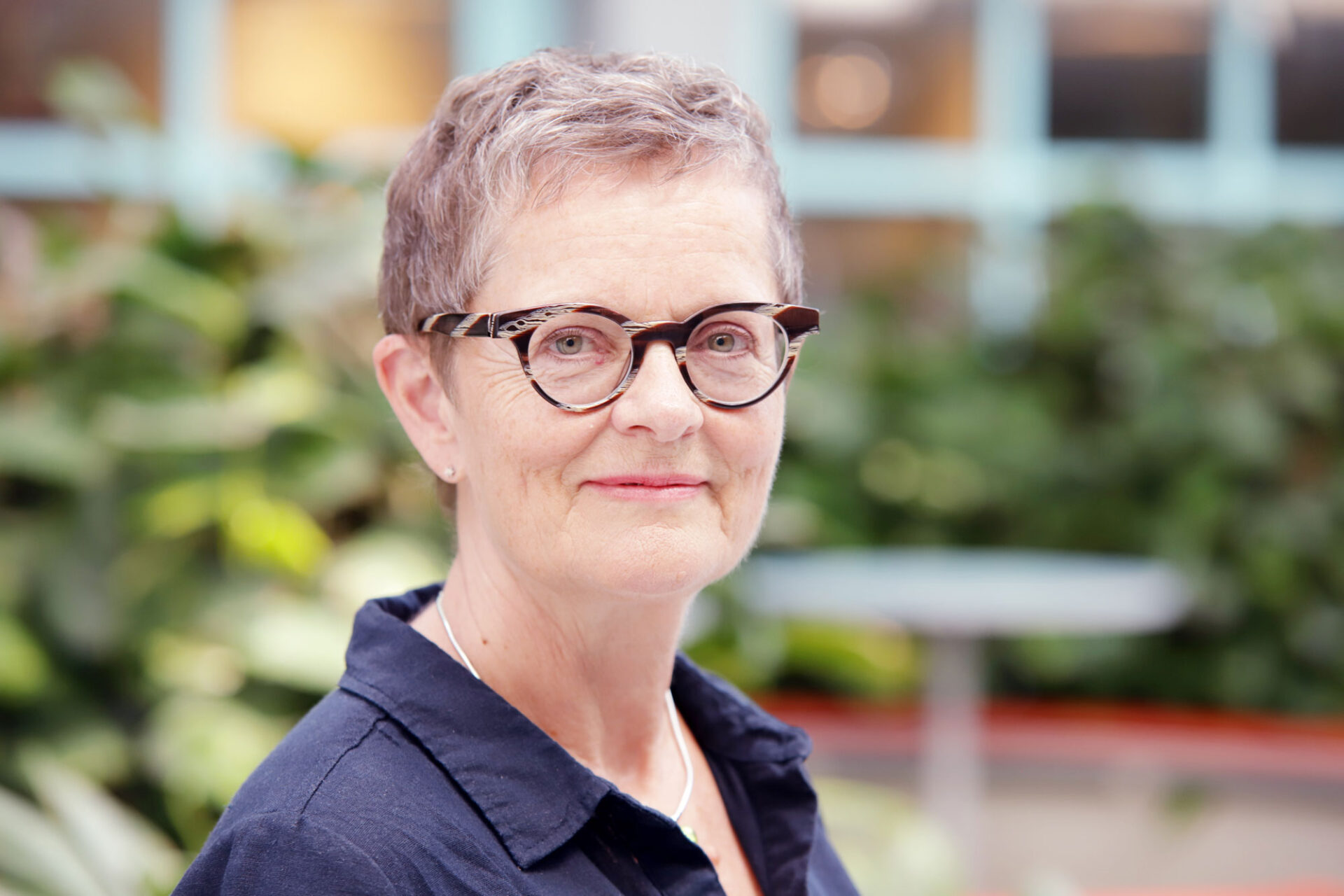
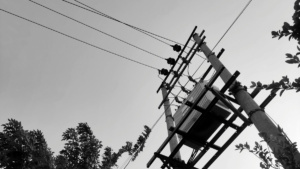
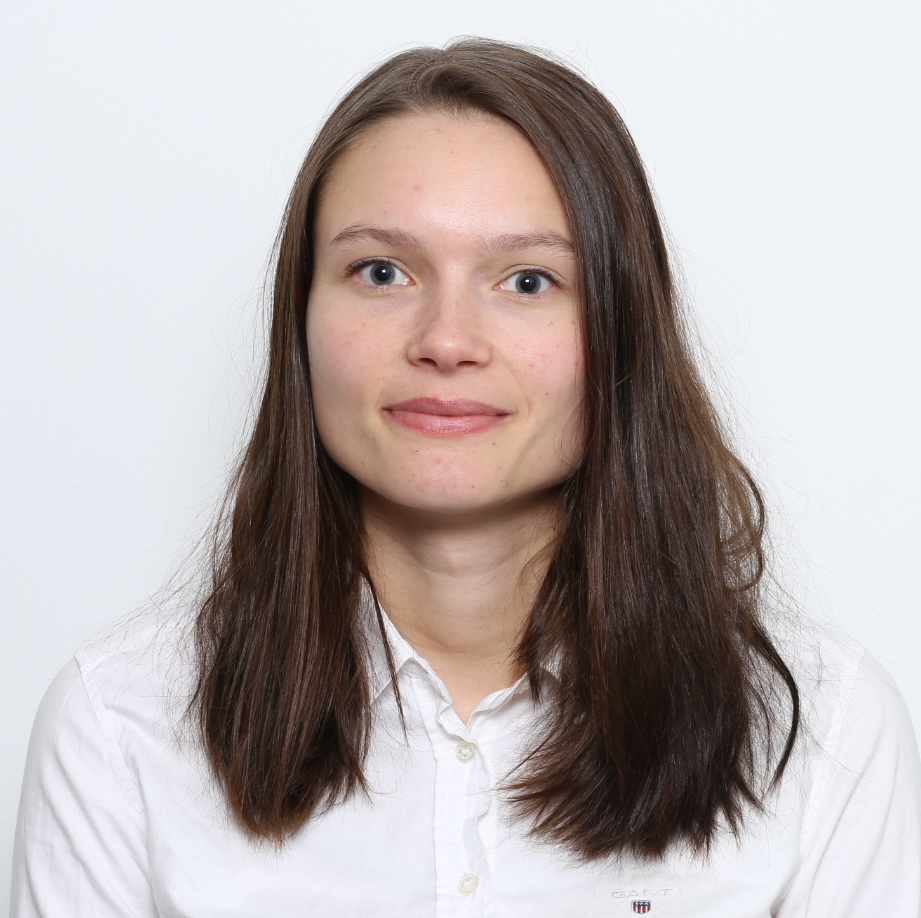
Comments
No comments yet. Be the first to comment!